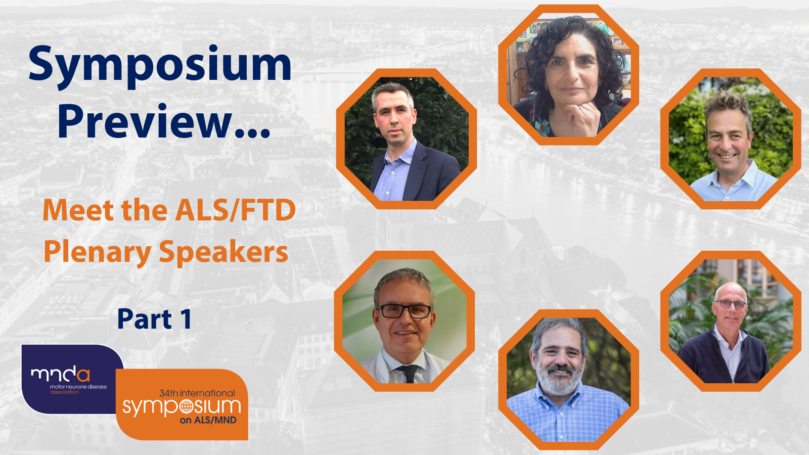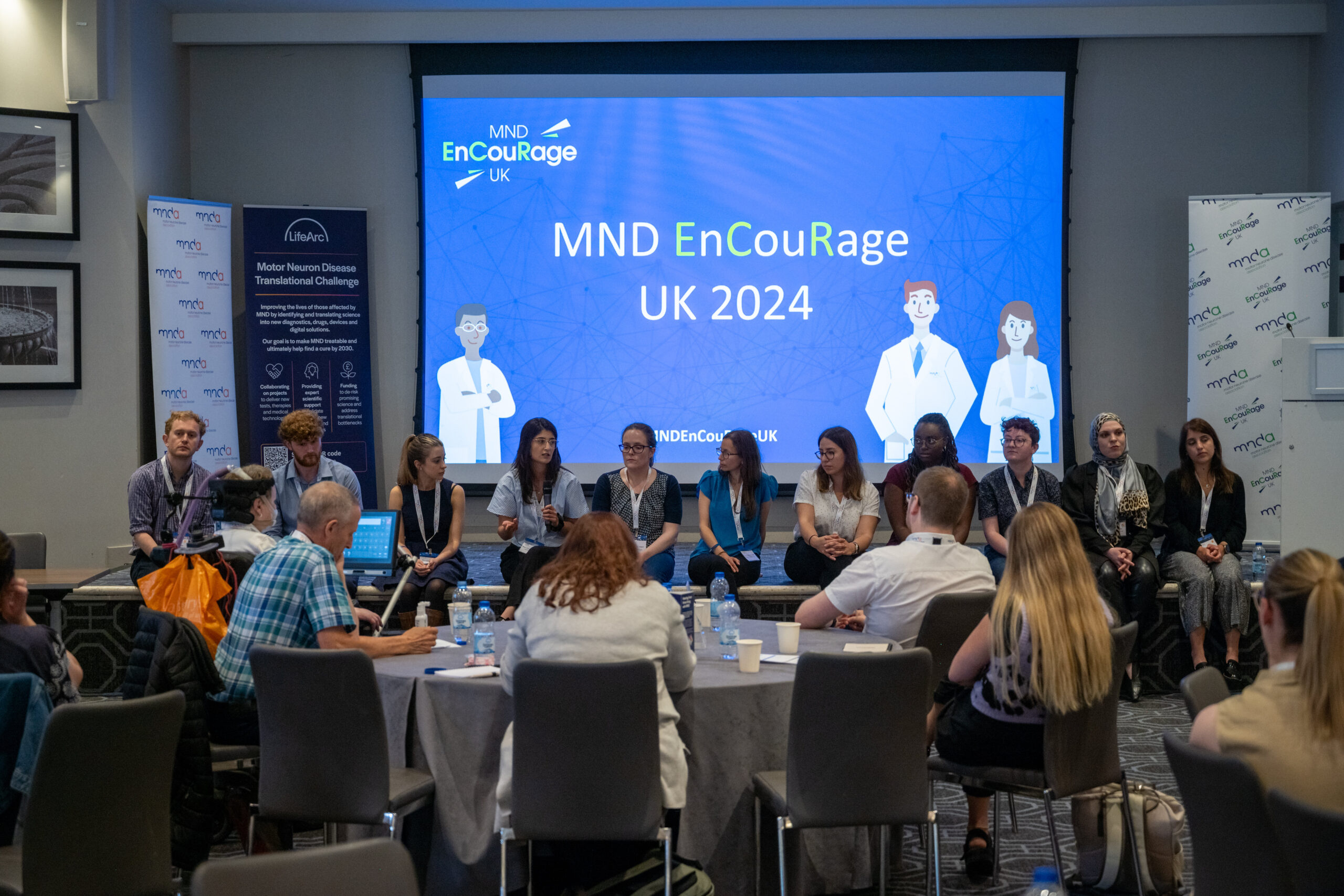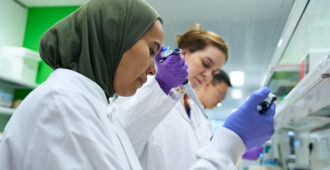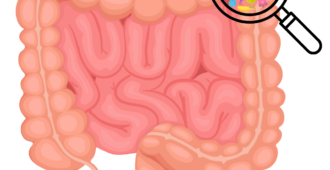As the research team count down to this year’s International Symposium on ALS/MND, we will be posting blogs throughout November to give you a snapshot of some of the research being presented at this year’s event. The International Symposium on ALS/MND is one of highlights of the year for many MND researchers and healthcare professionals. The Symposium provides an opportunity to hear about the latest research, reconnect with colleagues, make new connections and generate new ideas and collaborations.
This year marks the 34th Symposium and we are looking forward to hosting this global event in Basel, Switzerland from the 6th– 8th December and there is also an online option for attendance. We hope to see lots of you there and there is still time to register if you haven’t already.
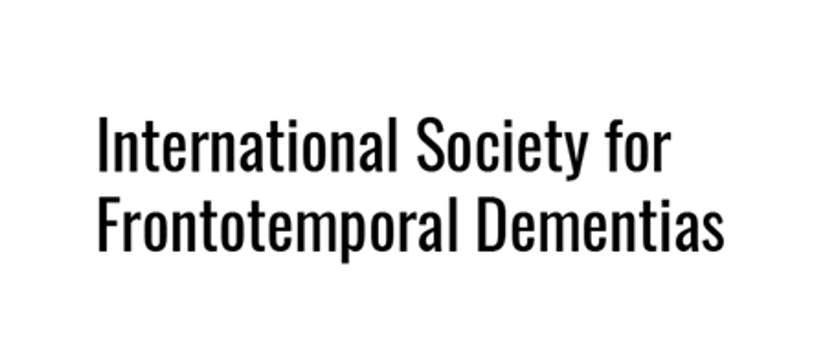
Every year, the team works hard to build on the previous year’s success. This year we are excited to include a series of three ALS-FTD joint sessions, in collaboration with the International Society for Frontotemporal Dementias, in the programme.
Some people with ALS, the most common form of MND, also develop a form of dementia known as frontotemporal dementia (FTD). FTD is a group of disorders where the nerve cells in two sets of lobes (frontal and temporal) in the brain are damaged. In a similar way to how motor neurones break down in MND and cause loss of function in muscles, the damage to the nerve cells in FTD causes the connections between parts of the brain to break down. As more cells become damaged and die this can lead to symptoms such as problems with memory, thinking or language, changes in mood, emotions and behaviour.
Research has provided increasing evidence that ALS and FTD are connected, including that the most common genetic cause of ALS, C9orf72, is also found in 40% of FTD cases. The ‘Exploring the ALS-FTD Continuum’ sessions at the Symposium will explore the overlap between the two diseases and identify new collaborative opportunities which hopefully help lead to the development of effective treatments for both diseases. To further highlight the connection between the two diseases, these sessions will include presentations bringing ALS researchers and FTD researchers together to share latest findings. To give you a teaser of what is to come, we are taking a closer look at the plenary speakers in the ALS-FTD sessions at the Symposium. In this blog and the next one, we explore the topics they will be presenting and find out a little more about the speakers.
Session 2C – Perspectives on ALS and FTD: Phenotypes and Neuroimaging
Kicking off the ‘Exploring the ALS-FTD Continuum’ sessions is Professor Sharon Abrahams, University of Edinburgh, and Professor Jonathan Rohrer from the University College London. Professor Jonathan Rohrer’s research aims to develop markers of FTD through imaging, taking biological samples and using digital technology. Professor Abrahams’ research focuses on the cognitive, behavioural, psychiatric and brain changes in ALS.
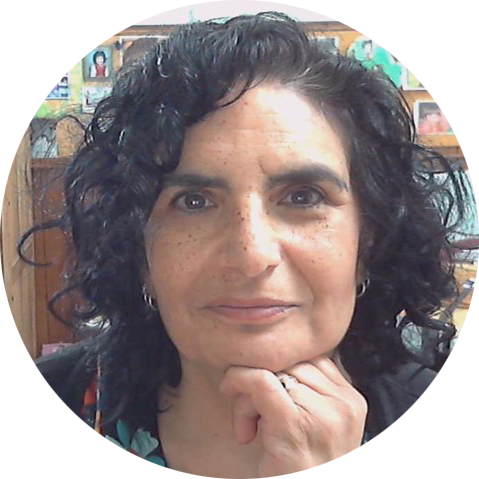
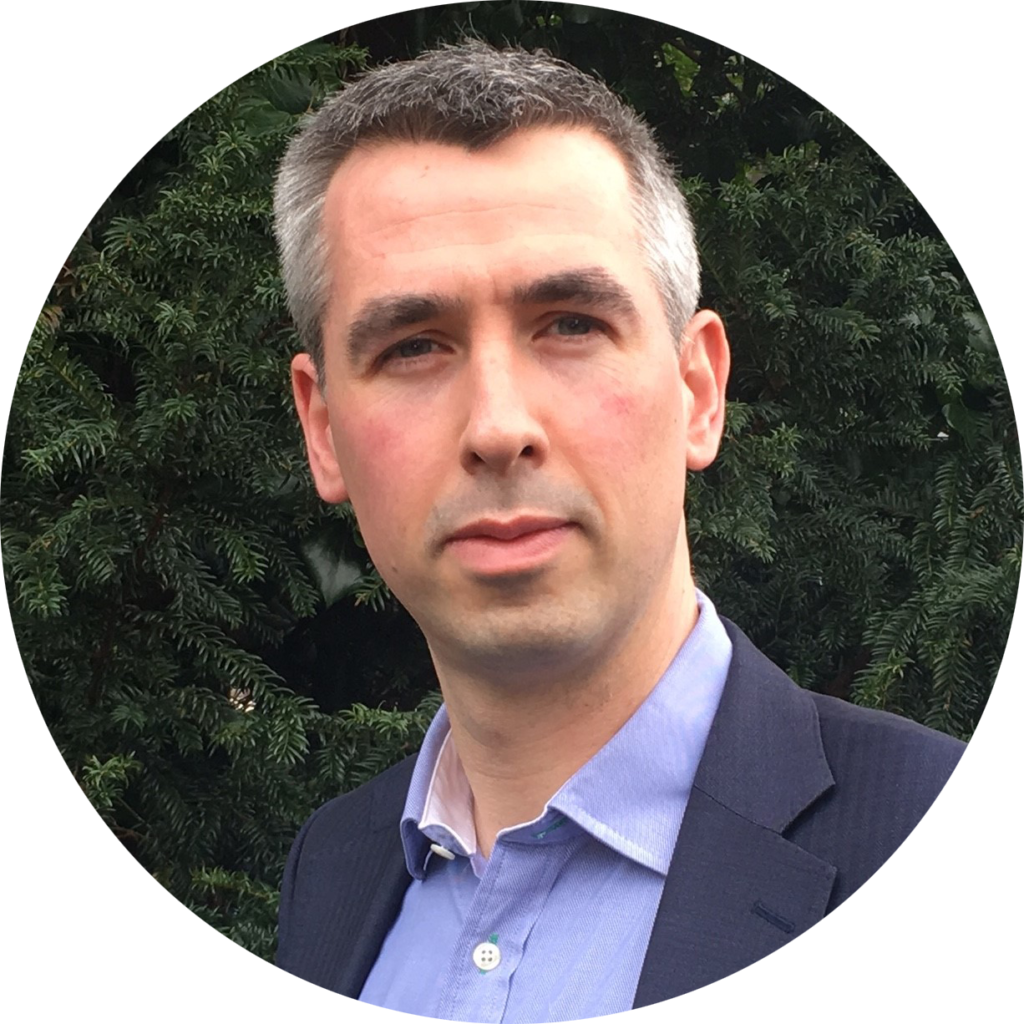
In their joint talk, they will discuss the concept of how ALS and FTD could be on a spectrum, with some people developing both and others just ALS or FTD and some with symptoms of the other but not enough for a full diagnosis. Professor Abrahams and Professor Rohrer will discuss the overlap between the two diseases but will also highlight the differences between the two. They will provide examples using brain imaging, symptoms and genetics and how this could help with diagnosis.
Continuing on the theme of improving diagnosis, Professor Jan Kassubek, University of Ulm, and Dr Howie Rosen, University of California, will discuss the use of brain imaging (neuroimaging) in diagnosing ALS/FTD. Recent research has revealed changes and patterns in brain imaging in people on the ALS-FTD spectrum.
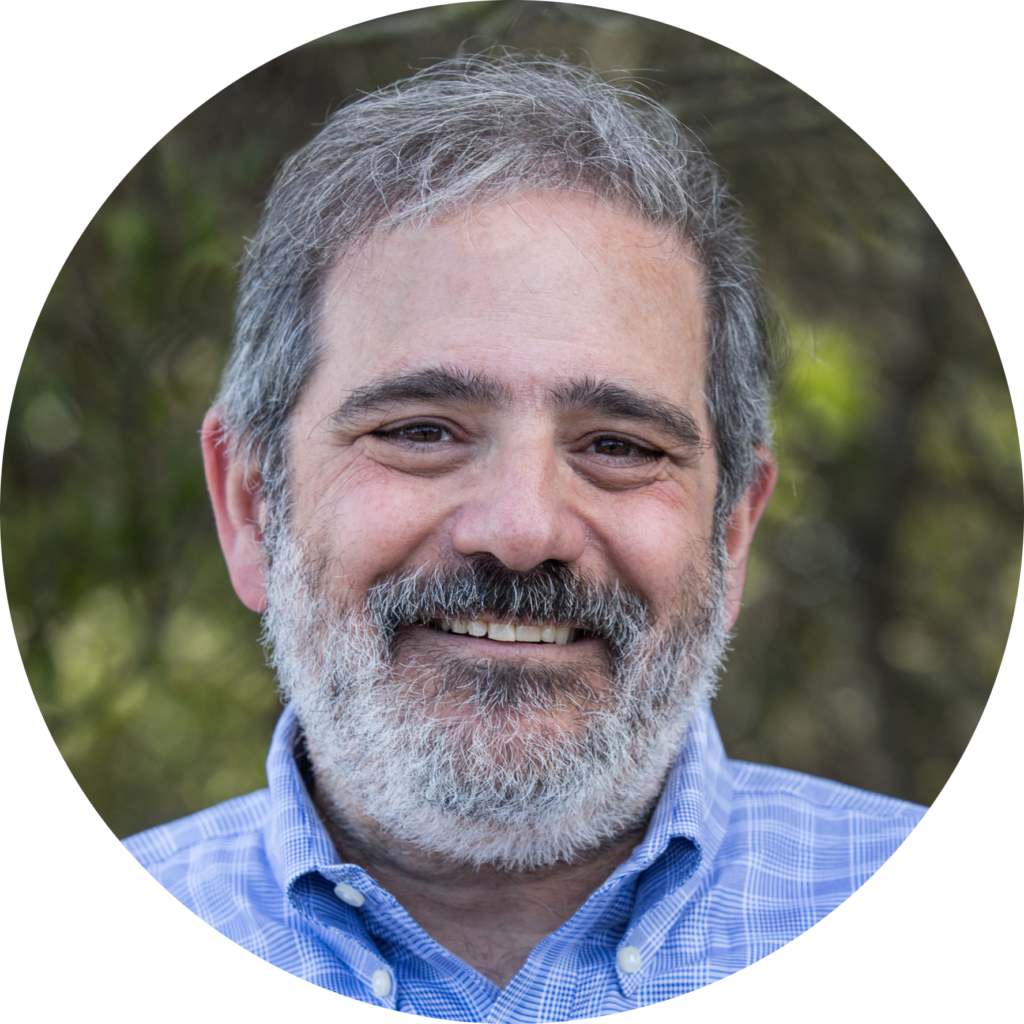
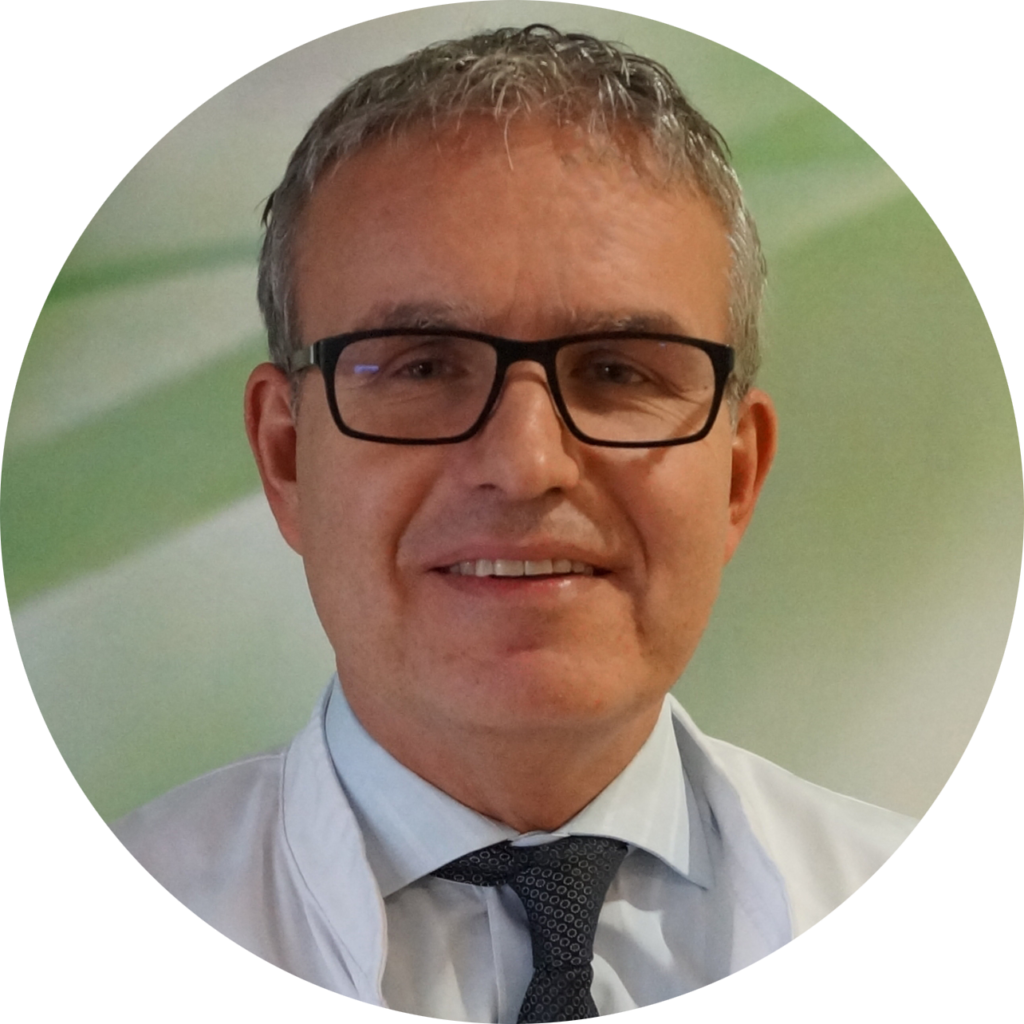
This talk will highlight some of this work, as well as highlighting how the use of brain imaging shouldn’t be limited to just diagnosis but could also have a place in determining if a potential new treatment is beneficial. Advances in the use of artificial intelligence and other technological advances in brain imaging will be discussed, alongside how this could potentially help to determine different stages of the disease. Finally, this talk will touch on how brain imaging could be used to monitor people who are at higher risk of developing the diseases as a result of a genetic mutation, such as C9orf72. This could allow for earlier diagnosis and enable people to get access to care and any potential treatments sooner.
Session 3C – Perspectives on ALS and FTD: Biomarkers, Trials and Prodromal Disease
Unique biological signals of the disease in the body, known as biomarkers, could help improve diagnosis and monitoring of the disease and determine if a treatment is beneficial in clinical trials. Recent research has highlighted neurofilaments as potential leading biomarkers. Neurofilaments act as scaffolding in nerve cells. As the nerve cells become damaged in ALS/FTD, the neurofilaments can break apart and can be measured in the blood or cerebrospinal fluid. Levels of neurofilaments at diagnosis have been shown to be linked to the speed of progression for the individuals.
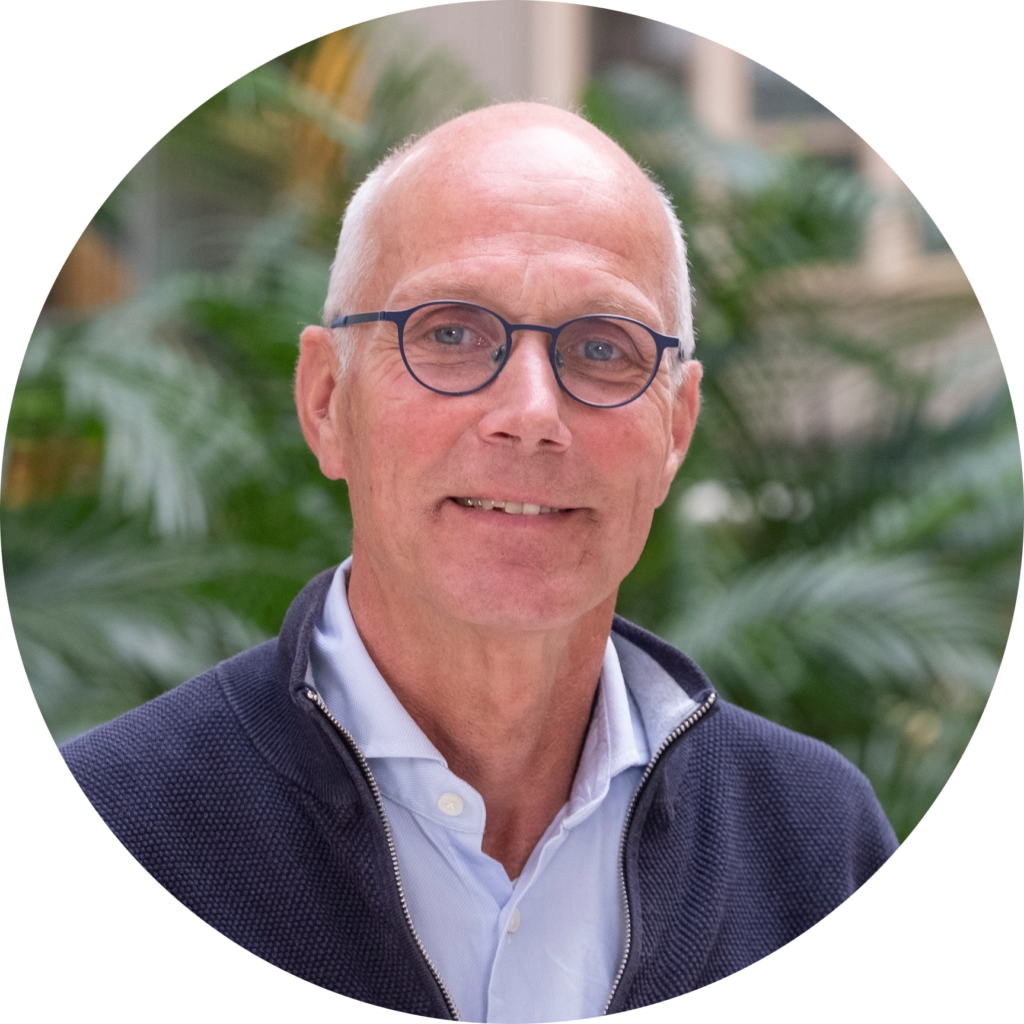
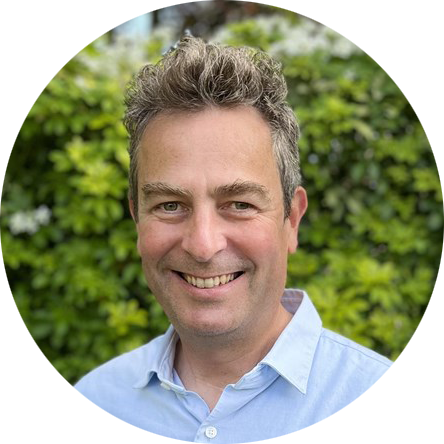
Professor Martin Turner, University of Oxford, and Professor John van Sweiten, Erasmus MC, will discuss the use of biomarkers in ALS/FTD, including neurofilaments and additional markers which aim to show if the treatment is working in the body as expected or designed. In their talk they will highlight how using multiple biomarkers may help identify new targets for therapeutic intervention and increase the success of future potential therapies.
If you’ve enjoyed this preview of some of the ALS/FTD talks being given by our ALS/FTD Plenary Speakers, keep an eye out next week for our blog highlighting more of these. You can also catch up on our other symposium blogs here.
We hope you’ll be joining us at this year’s Symposium either in Basel or online, and there’s still time to register if you haven’t already! You can register to attend using the button near the top of the blog.
Stay informed
You can find out more about the International Symposium on ALS/MND on the website and view the full programme for this year’s event.
You can follow our research account on Twitter. We tweet about up to the minute research and will be tweeting throughout the Symposium using the hashtag #alsmndsymp.

